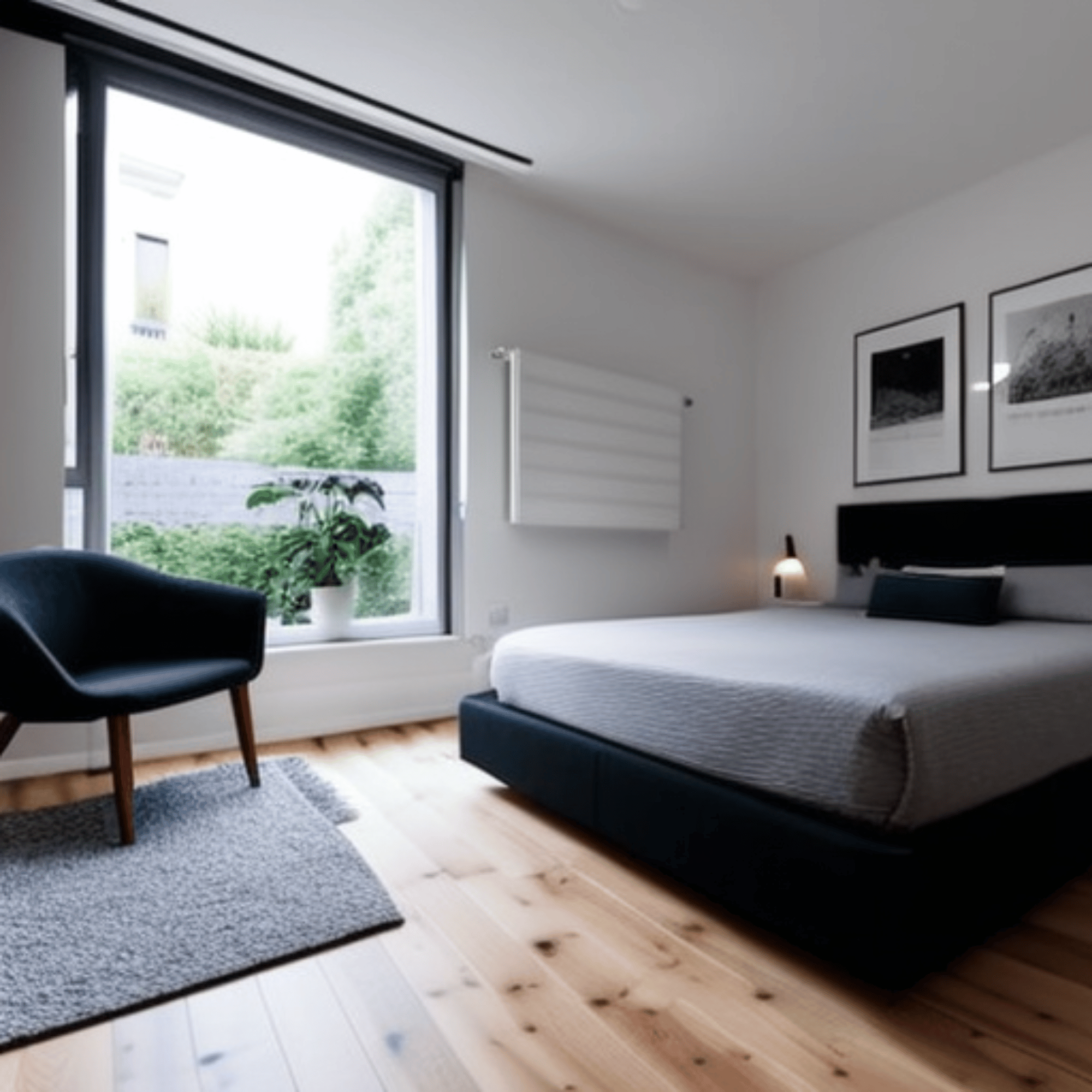In a world where consumerism reigns supreme, the idea of living with less may seem counterintuitive. However, many individuals are discovering the benefits of minimalist living and decluttering. By removing excess possessions and simplifying one’s life, it is possible to experience increased productivity, improved mental health, and financial benefits.
Decluttering is often the first step in achieving a minimalist lifestyle. To begin decluttering, establish goals for the process. Identify clutter sources such as closets, basements, and storage spaces. Sorting items into categories such as keep, donate, and discard can make the process more manageable. Deciding what to keep and what to discard can be a challenging process, but it is important to consider whether an item is genuinely useful or adds value to your life.
Minimalist living goes beyond simply decluttering possessions. It involves living intentionally and mindfully, with a focus on what truly matters. One of the benefits of minimalist living is increased productivity. With fewer possessions and distractions, it becomes easier to focus on the important things in life, whether it be work, relationships, or hobbies.
Improved mental health is another benefit of minimalist living. A cluttered environment can be a source of stress and anxiety, whereas a minimalist living space can be calming and refreshing. By removing excess possessions, it becomes easier to focus on the present moment and reduce feelings of overwhelm.
Financial benefits are also a common result of minimalist living. By prioritizing needs over wants and avoiding unnecessary purchases, individuals can save money in the long run. Additionally, by selling or donating unneeded possessions, it is possible to earn money or receive tax deductions.
Once a minimalist lifestyle has been achieved, it is important to maintain it. Setting boundaries can be a helpful strategy for maintaining minimalism. For example, consider limiting the amount of possessions in a certain area, such as the closet or kitchen. Shopping with intention is another strategy, which involves avoiding impulse purchases and only buying items that are truly needed. Simplifying routines can also be helpful, such as meal planning or minimizing your wardrobe to a few versatile pieces.
In conclusion, minimalist living and decluttering can bring a sense of joy and fulfillment to one’s life. By simplifying and focusing on what truly matters, it is possible to experience increased productivity, improved mental health, and financial benefits. The journey towards minimalist living and decluttering may not be easy, but the end result is certainly worth it.












